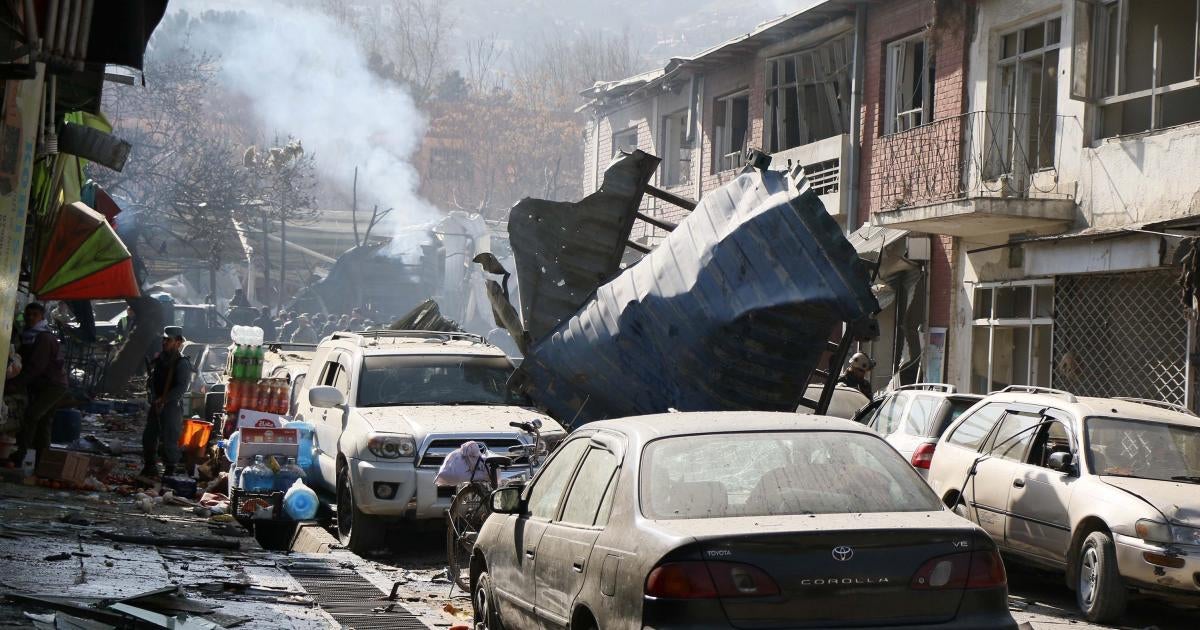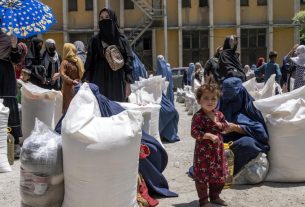Five years ago, I interviewed a young Afghan woman who miraculously survived the devastating Taliban suicide bombing in Kabul on January 27, 2018. It was a horrendous attack: the Taliban rigged an ambulance with explosives and detonated it in downtown Kabul, killing more than 100 people. She escaped serious injury only because she had stepped into a shop moments before. “I thought I had gone blind,” she told me. “There was blood running down my face into my eyes…. The street was full of bodies.”
The Taliban claimed responsibility, one of many attacks in which they targeted civilians during their decades’ long insurgency.
But the Taliban was not alone in committing atrocities that year. Their rivals – groups aligned with the Islamic State – carried out numerous attacks targeting schools and mosques, killing hundreds of civilians, largely in Shia and Hazara communities.
And 2018 was one of the deadliest years for civilians during the post-9/11 conflict in Afghanistan. To combat the Taliban’s growing strength, the United States and Afghan governments dramatically increased airstrikes and adopted looser military rules of engagement, resulting in the deaths of over 500 civilians. In April that year, an Afghan government airstrike on a madrassa killed over 30 children and wounded 50 more. Officials apologized but held no one accountable.
Afghan police and special forces also continued to carry out enforced disappearances and torture, including the sexual abuse of children, while failing to investigate or prosecute perpetrators. In 2018, reports also emerged of summary executions of civilians and other war crimes by Australian and US special forces in Afghanistan.
Since taking power in August 2021, the Taliban have carried out summary executions and enforced disappearances, and have imposed policies that severely restrict the rights of women and girls. The Taliban have taken no steps to end these grave rights violations, let alone investigating or prosecuting those responsible.
As the United States and other countries examine their own roles in the conflict, and as the International Criminal Court continues its investigation into alleged international crimes in Afghanistan, it is critical that justice be sought for all perpetrators of serious abuses. Directing efforts at only one party to the conflict, or ignoring the harm done to certain victims, ultimately denies justice to all.



